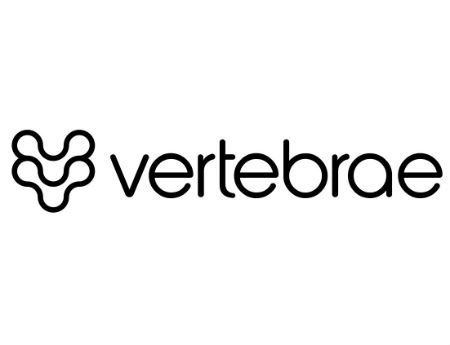Startup Seeks VR and AR Ad-Vantage
The smarter way to stay on top of the multichannel video marketplace. Sign up below.
You are now subscribed
Your newsletter sign-up was successful

In addition to appealing to mass audiences, making money on virtual reality (VR) content is another significant challenge faced by this emerging market.
Big studios, programmers and content aggregators are all developing and launching VR and 360-video fare, but they still need a way to monetize it effectively.
A company that’s trying to step up to that challenge is Vertebrae, an ad-tech startup that is focused on the VR sector with an eye toward emerging augmented reality (AR) apps and services.
While many early economic models for VR lean toward transactional, one-off pricing, consumers will be hard-pressed to pay for 360 videos that tend to be short-form in nature, Vincent Cacace, CEO and founder at Vertebrae, said.
That, he said, opens the door to new ad-based models that can fit into the VR environment. And rather than relying only on traditional pre-roll and interstitial ads, the immersive nature of VR lends itself well to more creative native ad insertion, product placement opportunities and even mini-games, he said.
And Vertebrae has some cash in the bank to apply toward those aims, as it announced Wednesday (September 14) a $10 million series “A” round, but did not reveal its specific investors. However, they are not strategic investors, such as studios or networks, according to Vincent Cacace, CEO and founder at Vertebrae.
RELATED: Google's VR 'Daydream' Nearing Reality
The smarter way to stay on top of the multichannel video marketplace. Sign up below.
But the baseline approach for Vertebrae is to offer a VR-optimized advertising platform that enables various publishers and with data management platforms (DMPs) and demand side platforms (DSPs) partners to surface and sell VR ad inventory.
Of note, Vertebrae said it is working with the Interactive Advertising Bureau as a “founding member” of a team that will develop what’s being billed as the first ad standards for VR and AR.
Lionsgate is an early example of a customer, which is using Vertebrae’s platform for a VR ad/90-second experience to drive interest in the September 16 premiere of Blair Witch. Another client is Otherworld Interactive, a company that makes virtual worlds for entertainment, music and games
Vertebrae has other deals in production but can’t reveal them yet. However, Cacace said travel, entertainment, auto and consumer packaged goods represent sectors that are most interested in VR ads.
Vertebrae’s platform is currently being offered as a private beta to studios, gaming companies, creative agencies and brands, with plans to go commercial by end of year or early 2017.
Its platform is also made to be headset-agnostic, though Vertebrae is initially focusing on the mobile VR market, which includes Google Cardboard and its coming Android-powered Daydream as well as the Oculus-based Samsung Gear VR, rather than on systems that are more focused on gaming, such as the Oculus Rift and Sony PlayStation VR.
“Mobile is more casual and shorter-form in nature,” Cacace reasoned.
Vertebrae is also building prototypes for AR, a sector that “will be bigger than VR,” Cacace predicted.
Launched last year, Santa Monica, Calif.-based Vertebrae has about 13 full-time employees hailing from companies such as Oculus and Facebook, as well as YouTube, Activision and Twitter.
